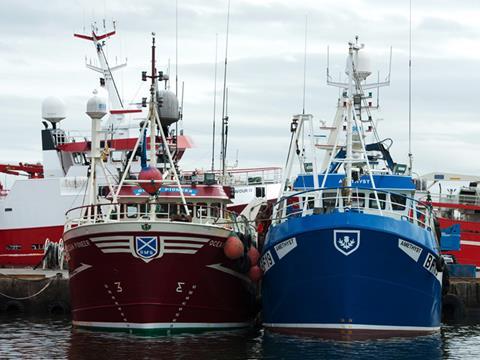
“This is about taking back control,” said environment secretary Michael Gove yesterday, as he explained to Andrew Marr why the government had just triggered the UK’s withdrawal from the little-known London Fisheries Convention.
Viewers of Marr’s BBC show would have been forgiven for not being fully familiar with this historic international agreement, but never mind that. News that the UK was withdrawing was portrayed in some parts of the media as a Brexit slam dunk for Gove and the government, with the Daily Mail proudly proclaiming that ‘Britannia rules the waves’.
The convention was signed in 1964 (before the UK joined the EU) and allows vessels from Ireland, France, Germany, Belgium and the Netherlands to fish within six and 12 nautical miles of the UK’s coastline.
Leaving it represented a “first historic step” towards freeing the UK fishing sector from the shackles of Europe, an emboldened Gove said, as he set aside almost a thousand years of repelled invasions by everyone from the Vikings to rabies to gush that Britain would once again “become an independent coastal state”.
The announcement was given a warm welcome by the fishing sector, so how significant is it, and what does this all mean?
Compared with the Common Fisheries Policy – which largely superseded the convention in the 1970s and controls access to British waters between 12 and 200 miles off the UK – only a tiny percentage of fish caught in the area governed by the convention is caught by overseas fishing crews.
Defra data states just 10,000 tonnes of fish was caught by the five convention countries within 12 miles of the UK coast in 2015, compared with a total UK catch of 708,000 tonnes.
The UK will also have to wait two years to leave the convention, by which time the UK will more than likely have Brexited anyway, and in doing so left the Common Fisheries Policy.
Retain access
What it did do was ensure a “belt and braces” approach to taking back control over UK waters (at least for the strip of coastal waters measuring between six and 12 miles), said Scottish Fishermen’s Federation CEO Bertie Armstrong. He added it should also deter the UK’s former European partners from attempting to retain access of those waters after Brexit through the courts.
But as far as retailers and seafood processors are concerned, it’s business as usual, with PTF director general Andrew Kuyk telling me today that exiting the convention “changes nothing in the short term”.
The announcement arguably tells us more about Gove and No 10’s continuing stance towards Brexit negotiations than whether foreign vessels can fish in our waters after Brexit.
Pointing to the fact the seafood sector could well be an important Brexit bargaining chip, Gove added “of course we can negotiate” over access to UK waters. But while it’s headline-grabbing stuff, the withdrawal from the convention amounts to little more than an administrative exercise.
Whether the UK does “take back control” of its waters, as the fishing industry hopes, remains very much up in the air.







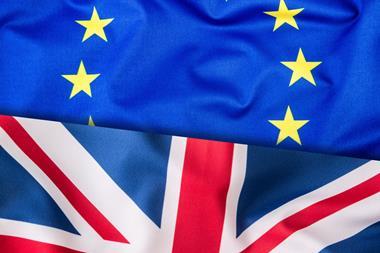
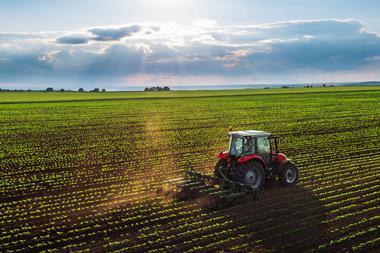

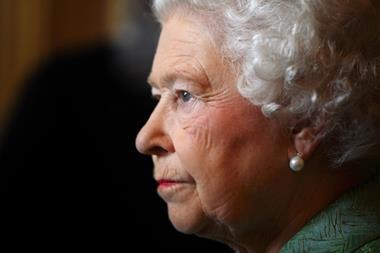

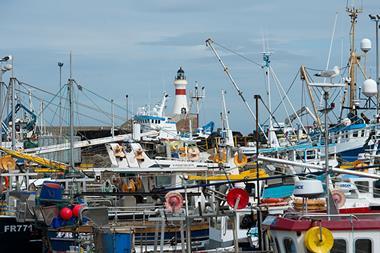

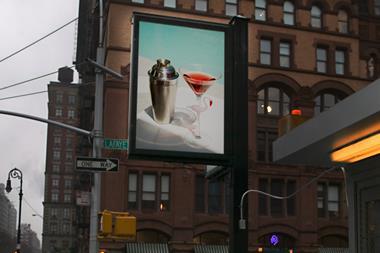
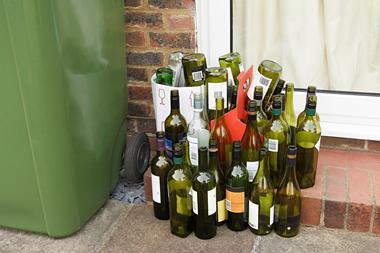



No comments yet